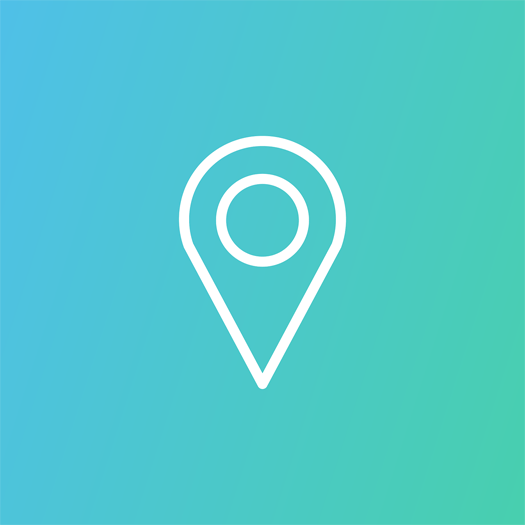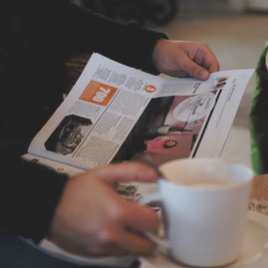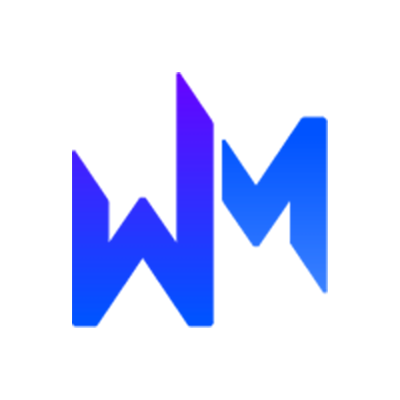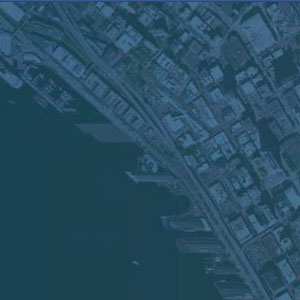What Google's My Maps Means to Local Marketing

Welcome to personal mapping. Google recently announced the roll out of My Maps, an app that makes it possible for you to create customized maps enriched with images, icons and place details. Previously known as Google Maps Engine Lite, My Maps makes tasks ranging from planning vacations to sharing local information more interactive and, well, fun. The impact of My Maps on local marketing remains to be seen (Google does not use My Maps in its local or local organic ranking signals), but there may be some branding benefits worth considering for any business that wants to be more useful to its customers by sharing local information beyond the four walls of your business.
As a navigation tool, My Maps has obvious appeal. The most popular maps tend to be census driven (https://maps.google.com/gallery/), but friends and family make the majority of the ones I see. For instance, my wife and I recently used My Maps to map the addresses of all the families that attend my son's school. Google offers many more examples. As Heather Folsom, Google product manager, wrote on Google's blog, with My Maps "[Y]ou can find and create maps for anything you're interested in -- like a collection of Sherlock Holmes' famous haunts, or global tributes to Nelson Mandela. The possibilities are pretty much endless -- students have photographed and mapped a city's public art installments, authors have laid out their stories' locations on the map, and activists have plotted out shelters and distribution centers during emergency situations."
For businesses, My Maps creates opportunities for location managers to be more useful to their customers by providing helpful information about complementary businesses in the neighborhood -- say, a clothing store highlighting nearby dry cleaners, or a restaurant with a bring-your-own-bottle policy mapping to a nearby liquor store. Brands that need to share dynamic content could benefit, too: picture Live Nation using My Maps to share with customers the best route to the United Center in Chicago to watch the Jay Z concert. On the other hand, My Maps would likely be too time- and labor-intensive to use as a simple mapping tool.
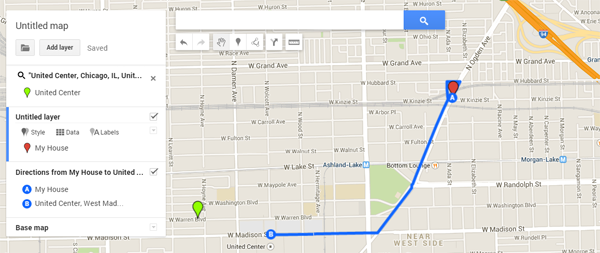
For brands, think of My Maps as a rich utility, and pay close attention to its inevitable updates.
Adam Dorfman has 15+ years' experience in all facets of online marketing. As SVP - Product & Technology at SIM Partners, Adam drives product strategy for Velocity, SIM's local marketing automation technology.

